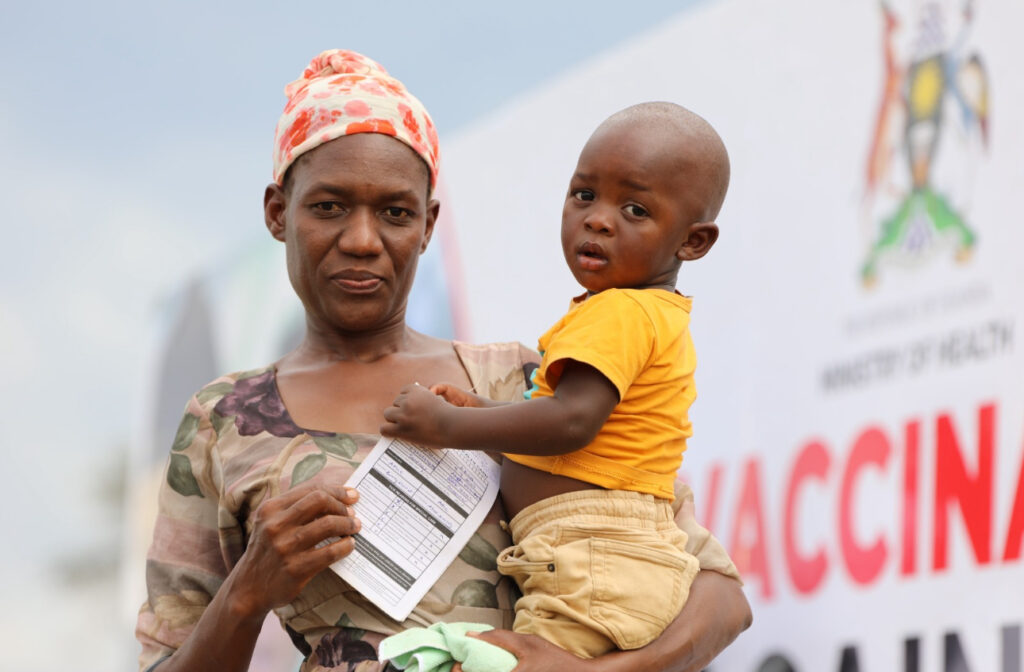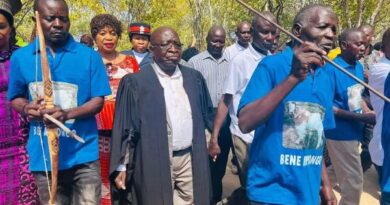African Health Ministers Pledge Stronger Preparedness Against Emergencies
African health ministers have pledged to strengthen emergency preparedness and response across the continent, committing to reinforce fragile health systems that are often the first to falter during crises.
Meeting in Lusaka for the Seventy-fifth session of the World Health Organization (WHO) Regional Committee for Africa, ministers agreed on urgent measures to build resilience against outbreaks and humanitarian emergencies that continue to threaten lives, livelihoods, and long-term socio-economic stability.
A key focus of the discussions was the development of a stronger and more equitably distributed health workforce. Countries committed to scaling up recruitment, ensuring fair deployment between urban and rural areas, and investing in continuous training to prepare health workers for both day-to-day service delivery and emergency response. Training institutions will also be more closely aligned with national health security strategies.
So far in 2025, WHO and its partners have responded to more than 21 public health emergencies across Africa, including outbreaks of mpox, cholera, measles, and dengue, as well as crises fuelled by conflict and displacement. Each has demanded swift mobilisation of experts, supplies, and funding, often across several countries at once.
“We can no longer afford to be caught unprepared,” said Dr Mohamed Janabi, WHO Regional Director for Africa. “Our region has made significant progress, but every emergency that disrupts health systems and undermines people’s well-being is an important lesson. We must build resilient systems capable of coping with crises while continuing to deliver essential services.”
Ministers also highlighted the need to embed resilience into the core of health service delivery, particularly in fragile and conflict-affected areas. They stressed the importance of strong leadership, better coordination, and infrastructure capable of withstanding future shocks.
Communities will play a greater role in preparedness planning, with commitments to co-develop early warning systems and strengthen grassroots organisations to ensure faster, more trusted responses.
Acknowledging that external emergency appeals are not sustainable, ministers pledged to mobilise domestic resources to fund preparedness and response. Resources will be directed to frontline needs while also supporting long-term capacity building.



